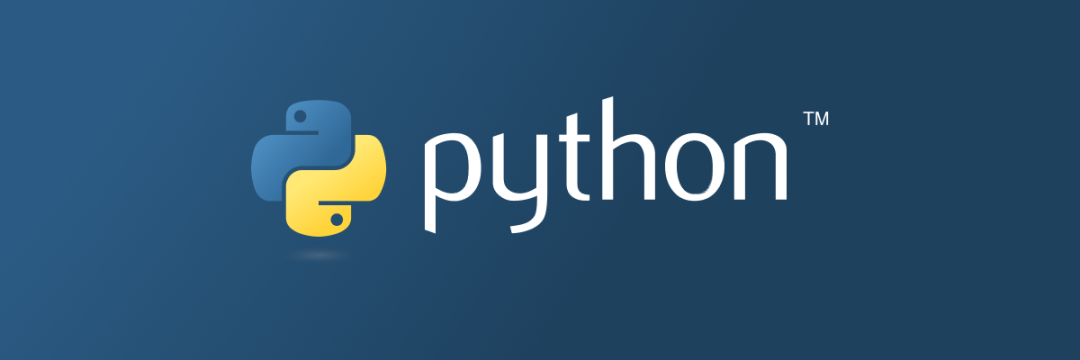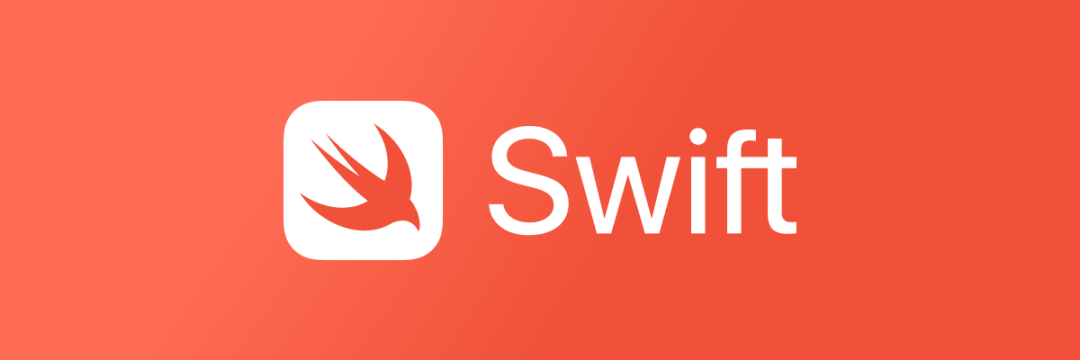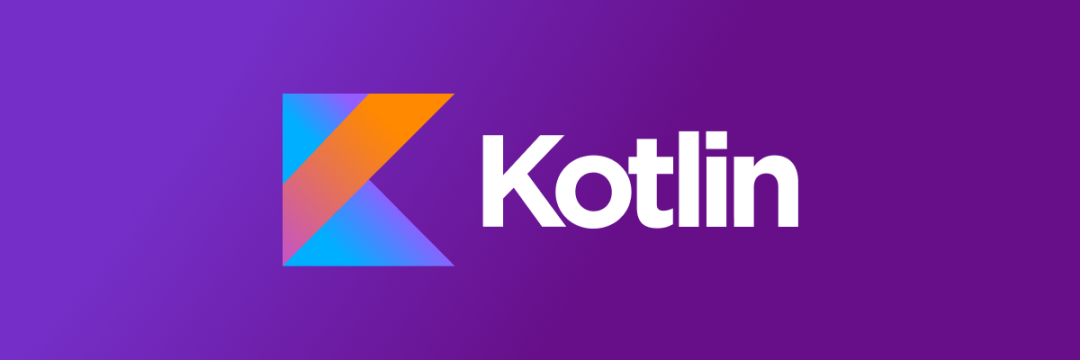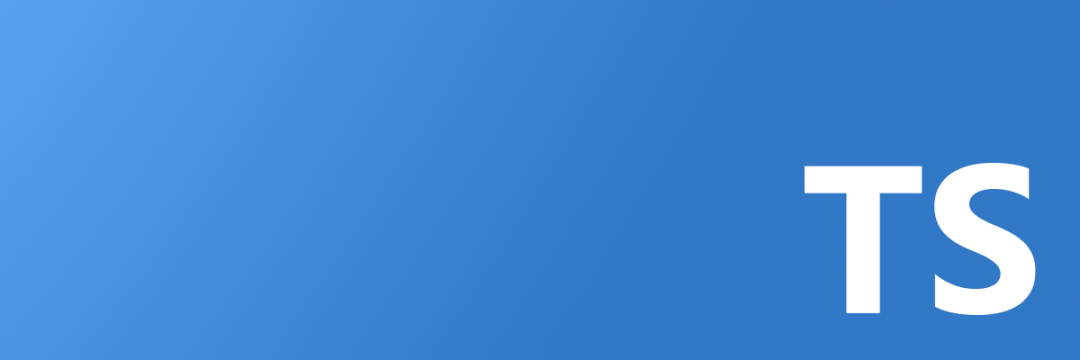
Top 11 Programming Languages for Beginners: A Comprehensive Guide
When it comes to learning programming, choosing the right programming language can make a significant difference in a beginner's journey. With numerous programming languages available today, it can be overwhelming to determine where to start. In this article, we will explore the top 11 programming languages for beginners. We will discuss the advantages and disadvantages of each language, enabling you to make an informed decision based on your interests and goals.

1. Python
Python is often regarded as one of the best programming languages for beginners. It has a clean and readable syntax, making it easy to understand and learn. Python emphasizes code readability and simplicity, allowing beginners to focus on solving problems rather than worrying about complex syntax. Python's extensive library support and large developer community further contribute to its popularity.
Advantages of Python:
- Beginner-friendly syntax and easy to learn.
- Extensive library support for various purposes.
- Strong community support and vast resources for learning.
- Versatile language used in web development, data analysis, artificial intelligence, and more.
Disadvantages of Python:
- Compared to some other languages, Python can be slower in terms of execution speed.
- Limited support for mobile app development.
- Global Interpreter Lock (GIL) can impact performance in multithreaded applications.

2. JavaScript
JavaScript is the language of the web and a powerful tool for front-end development. It allows developers to add interactivity and dynamic features to websites. JavaScript is beginner-friendly due to its forgiving nature and the fact that it can be executed directly in web browsers. Learning JavaScript provides a solid foundation for web development.
Advantages of JavaScript:
- Executes directly in web browsers, allowing immediate visual feedback.
- High demand for JavaScript developers in the job market.
- Extensive ecosystem and the vast collection of frameworks and libraries.
- Can be used for both front-end and back-end development.
Disadvantages of JavaScript:
- The loose typing system can lead to unexpected behavior.
- Different browsers may have varying implementations and inconsistencies.
- Lack of built-in modules compared to other languages.

3. PHP
PHP is a widely-used scripting language primarily designed for web development. It powers a significant portion of the web, including popular content management systems like WordPress. PHP's simplicity and large community make it accessible for beginners entering the web development world.
Advantages of PHP:
- Beginner-friendly syntax and ease of setup for web development.
- Vast community and extensive documentation available.
- WordPress and many other popular CMS platforms are built using PHP.
- Wide range of frameworks and libraries for web development.
Disadvantages of PHP:
- Inconsistent language design and occasional quirks can lead to unexpected behavior.
- Historically, PHP has been criticized for security vulnerabilities, although significant improvements have been made in recent years.
- Lack of strong typing and loose language features can make it challenging to write robust code.

4. Java
Java is a widely-used, general-purpose programming language that has been around for several decades. It is known for its platform independence, which means Java programs can run on various operating systems. Java's object-oriented nature and strong community support make it an excellent choice for beginners.
Advantages of Java:
- Platform independence allows Java programs to run on different systems.
- Rich standard library and extensive third-party libraries and frameworks.
- Strong community support and a large number of resources for learning.
- Java is used in various domains, including web development, Android app development, and enterprise software.
Disadvantages of Java:
- Verbosity in the language syntax can make it more challenging for beginners.
- The learning curve can be steeper compared to other languages.
- Memory management in Java can be complex, requiring an understanding of concepts like garbage collection.

5. C#
C# (pronounced "C sharp") is a programming language developed by Microsoft. It is widely used for Windows application development and game development using the Unity game engine. C# shares similarities with Java and has a syntax that is relatively easy to learn for beginners.
Advantages of C#:
- Developed by Microsoft, ensuring strong community support and extensive resources.
- Used for developing Windows applications, game development, and web development with ASP.NET.
- Syntax similarities with Java make it easier for Java developers to transition to C#.
- Integration with the .NET Framework provides access to a rich set of libraries.
Disadvantages of C#:
- Limited support outside the Windows ecosystem.
- Less popular for web development compared to languages like JavaScript and Python.
- The steeper learning curve for complete beginners with no prior programming experience.

6. Ruby
Ruby is a dynamic, object-oriented programming language known for its simplicity and readability. It is designed to prioritize developer happiness and productivity. Ruby gained popularity with the Ruby on Rails framework, which simplifies web development. The language's elegant syntax makes it an attractive choice for beginners.
Advantages of Ruby:
- Clean and elegant syntax that focuses on simplicity and readability.
- Ruby on Rails framework enables rapid web development.
- Strong emphasis on developer happiness and productivity.
- A rich ecosystem of libraries and gems for various purposes.
Disadvantages of Ruby:
- Ruby can be slower in terms of execution speed compared to some other languages.
- Limited adoption outside of web development.
- The learning curve can be steeper for complex applications and performance optimizations.

7. Swift
Swift is a modern programming language developed by Apple for iOS, macOS, watchOS, and tvOS app development. It is designed to be beginner-friendly, with a syntax that is concise and easy to read. Swift's popularity has been on the rise since its introduction, and it offers a promising career path for those interested in Apple's ecosystem.
Advantages of Swift:
- Designed specifically for Apple platforms, allowing developers to build native iOS and macOS apps.
- Syntax is concise and beginner-friendly.
- Safety features such as optional types and memory management make it easier to write reliable code.
- Strongly supported by Apple and the Swift developer community.
Disadvantages of Swift:
- Limited to Apple's ecosystem, which narrows down the potential areas of application.
- Swift is a relatively new language, so resources and community support might not be as extensive as for more established languages.
- Frequent updates and changes to the language may require developers to stay up to date.

8. C++
C++ is a powerful and versatile programming language often used in system programming, game development, and performance-critical applications. While it can be more challenging for beginners, learning C++ provides a deep understanding of computer systems and memory management.
Advantages of C++:
- High performance and efficiency, making it suitable for system programming and resource-intensive applications.
- Broad application areas, including game development, embedded systems, and scientific computing.
- C++ knowledge provides a strong foundation for understanding low-level programming concepts.
- Wide range of libraries and frameworks available.
Disadvantages of C++:
- Complexity and steeper learning curve compared to other beginner-friendly languages.
- Manual memory management requires a good understanding of concepts like pointers and memory allocation.
- Potential for more challenging debugging due to the absence of automatic memory management.

9. Go
Go, also known as Golang, is a programming language developed by Google. It aims to provide simplicity, efficiency, and strong support for concurrency. Go's clean syntax and focus on performance make it an excellent choice for beginners interested in system programming and concurrent applications.
Advantages of Go:
- Simplicity and readability of the language syntax.
- Efficient execution and strong support for concurrency.
- Built-in support for concurrent programming patterns like goroutines and channels.
- Growing community and a focus on scalability and performance.
Disadvantages of Go:
- Relatively smaller ecosystem compared to more established languages.
- Lack of support for some advanced language features, which may limit flexibility in certain cases.
- Go's simplicity can sometimes result in more verbose code compared to other languages.

10. Kotlin
Kotlin is a modern programming language that is commonly used for Android app development. It can easily integrate with existing Java projects as it is fully compatible with Java. Kotlin stands out with its simple and readable syntax.
Advantages of Kotlin:
- Full compatibility with Java allows for easy migration of existing Java code to Kotlin.
- Simple and understandable syntax enables fast and efficient coding.
- It is a safer language, minimizing errors and facilitating the development of more reliable applications.
- It is fully supported by popular IDEs like Android Studio.
Disadvantages of Kotlin:
- It may have a smaller community and resource pool compared to some other languages.
- In some cases, there might be a slight performance overhead.
- Migrating existing Java projects to Kotlin may pose certain challenges.
Kotlin is a powerful choice for those interested in developing modern and popular Android applications.

11. TypeScript
TypeScript is a superset of JavaScript that introduces static typing to the language. It aims to enhance JavaScript by adding type annotations and compile-time checks, resulting in more reliable and maintainable code. TypeScript is widely used in web development, especially with frameworks like Angular.
Advantages of TypeScript:
- Static typing provides early detection of errors and improved code reliability.
- Easy integration with existing JavaScript codebases.
- Enhanced tooling and IDE support for code navigation and refactoring.
- Popular choice for large-scale web applications and enterprise development.
Disadvantages of TypeScript:
- Additional complexity introduced by type annotations may be overwhelming for complete beginners.
- Learning TypeScript requires a solid understanding of JavaScript fundamentals.
- Compiling TypeScript to JavaScript adds an extra step to the development process.
In conclusion, these top 11 programming languages for beginners offer diverse opportunities for aspiring programmers. Python and JavaScript are excellent choices for beginners due to their simplicity and wide range of applications. Java, C#, and Ruby provide solid foundations for specific domains. Swift, C++, PHP, Go, and TypeScript cater to more specialized needs and offer unique advantages and challenges. Ultimately, the choice of programming language should align with your interests, goals, and the domains you wish to explore.